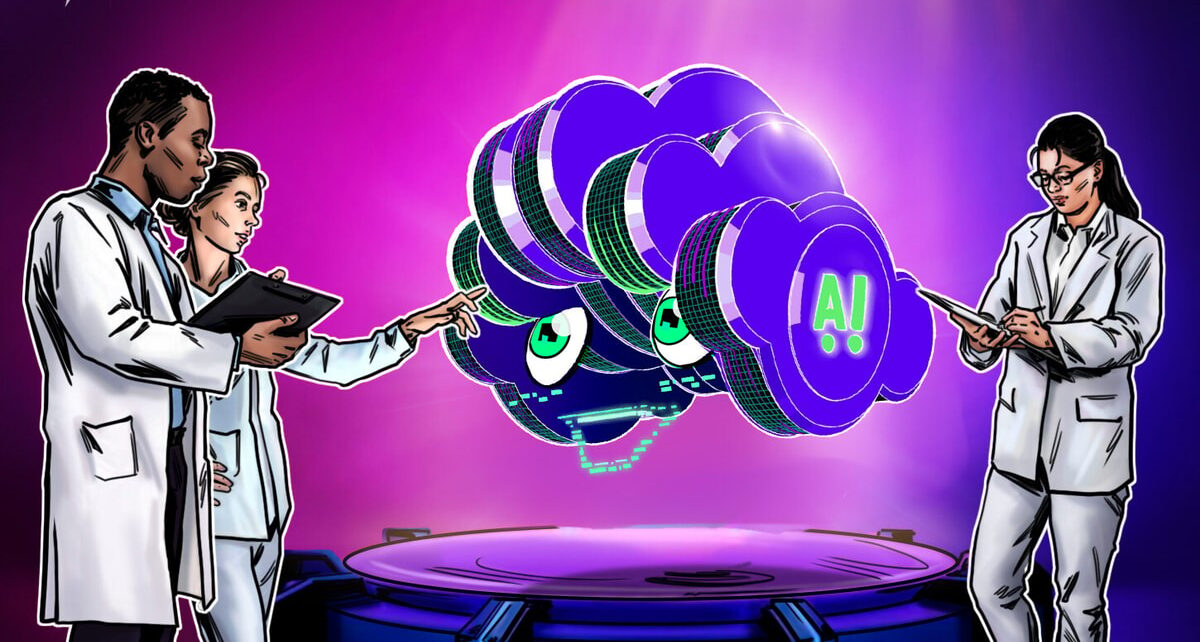Krist Novoselic, co-founder and bass guitarist for the seminal rock band Nirvana, not too long ago led a shareholder proposal presentation urging Microsoft to reevaluate its strategy to generative synthetic intelligence (AI).
Referred to as Shareholder Proposal 13: Report on AI Misinformation and Disinformation, per a press launch, the proposal was submitted by Arjuna Capital “on behalf of Krist Novoselic” and a number of other different shareholder teams.
“Novoselic, co-founder and band member of Nirvana, will current the proposal citing considerations that Microsoft has not totally thought of the enterprise and societal dangers of generative AI amid its fast deployment of the expertise.”
Proposed synthetic intelligence dangers
The proposal cited a number of key shareholder considerations, together with the potential for Microsoft-developed or -backed fashions to take part within the unfold of mass disinformation and misinformation.
It additionally introduced up questions surrounding whether or not Part 230, a legislation giving web hosts and web site customers restricted protections towards legal responsibility for content material from third events, would even apply to content material generated by the host’s personal generative synthetic intelligence programs.
In his presentation, Novoselic requested, “What occurs when society depends on info generated by means of Microsoft’s AI-powered Bing, a platform discovered to provide inaccurate solutions ten p.c of the time?” He additionally introduced up the requires a six-month pause on AI development from consultants earlier this yr, which Microsoft, alongside the remainder of the trade, selected to not heed.
In line with Novoselic, Microsoft’s rush to market “seemingly prioritized brief time period income over long run success.”
Microsoft’s response
Microsoft’s board responded to the proposal by stating it had “already fulfilled the proposal’s request with current and upcoming reporting.” Nevertheless, in line with Arjun Capital, the proposal’s function was to get “info that goes past these studies’ generic commitments to accountable AI.”
Particularly, the shareholders behind the proposal sought to spur Microsoft to comprehensively assess the danger related to generative AI in the long run.
Citing its present packages and reporting as enough, Microsoft’s board made the recommendation that shareholders deny the proposal. The proposal did not cross a subsequent shareholder vote.
Associated: Microsoft faces UK antitrust probe over OpenAI deal structure





